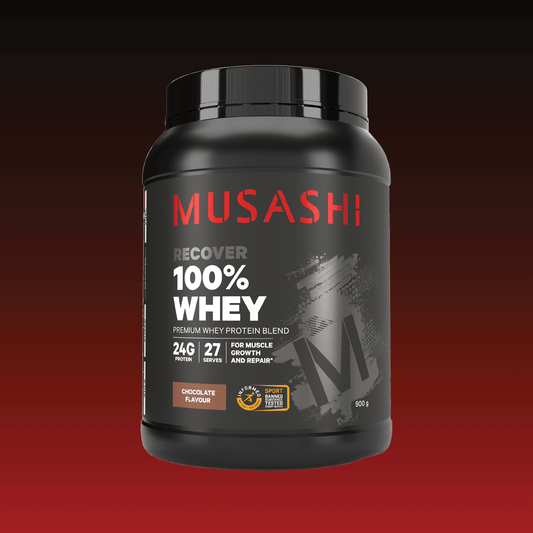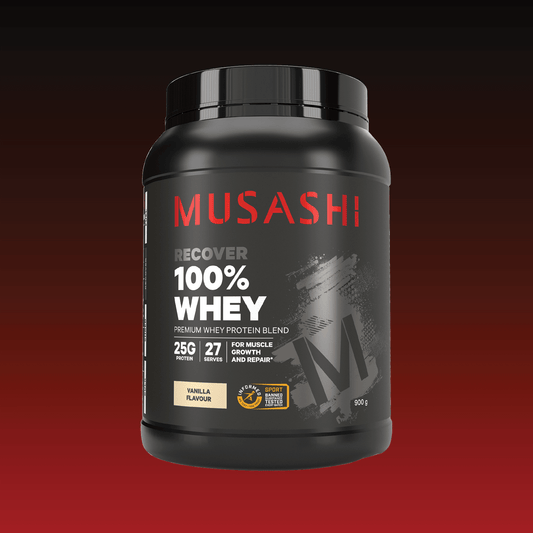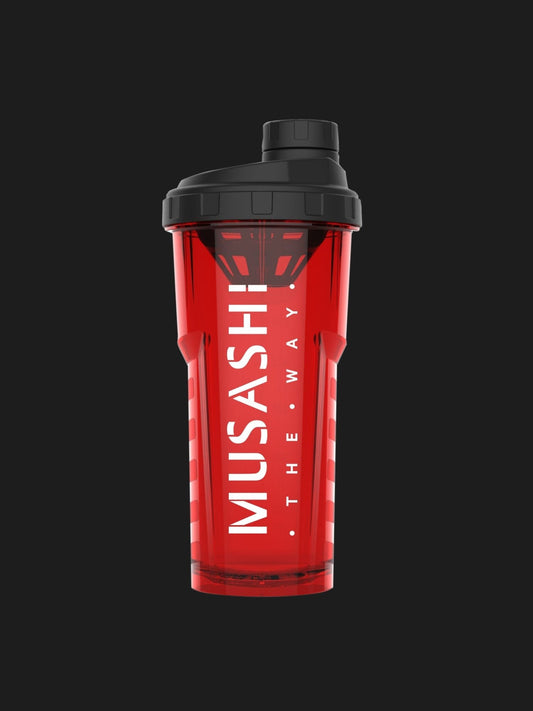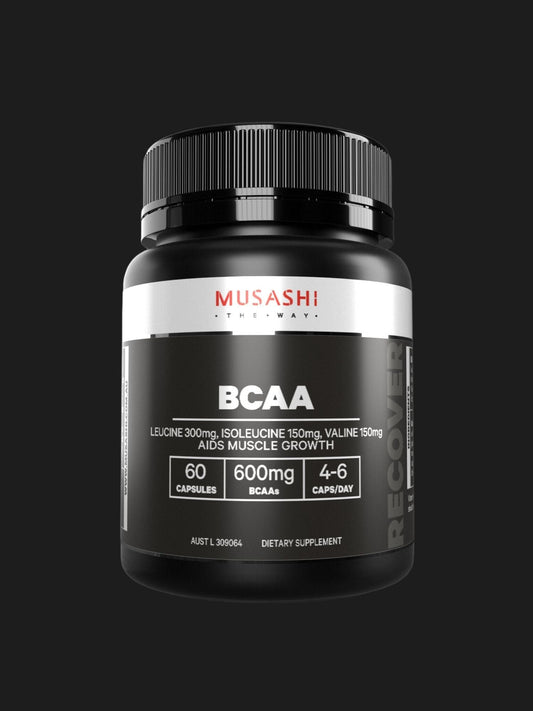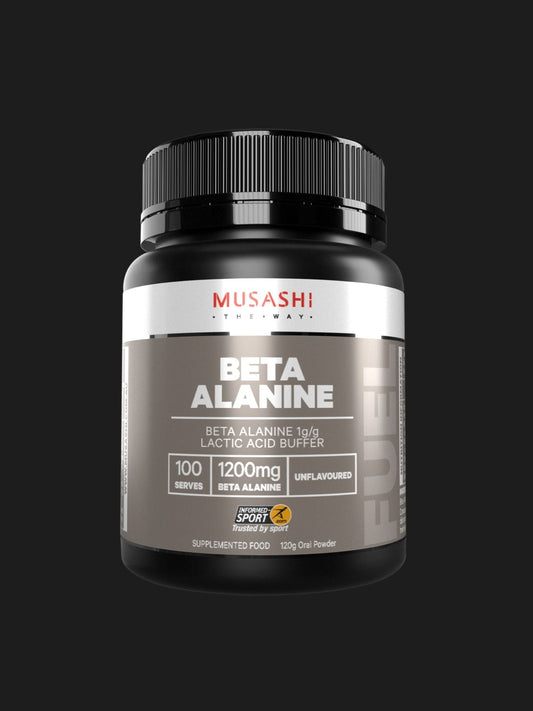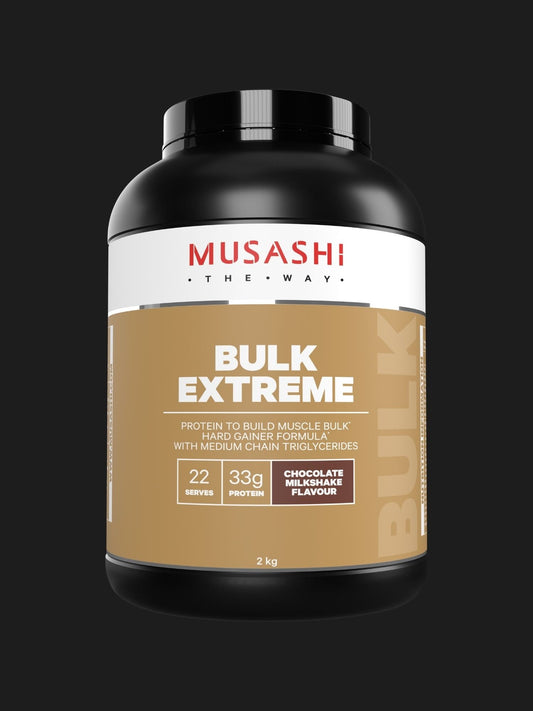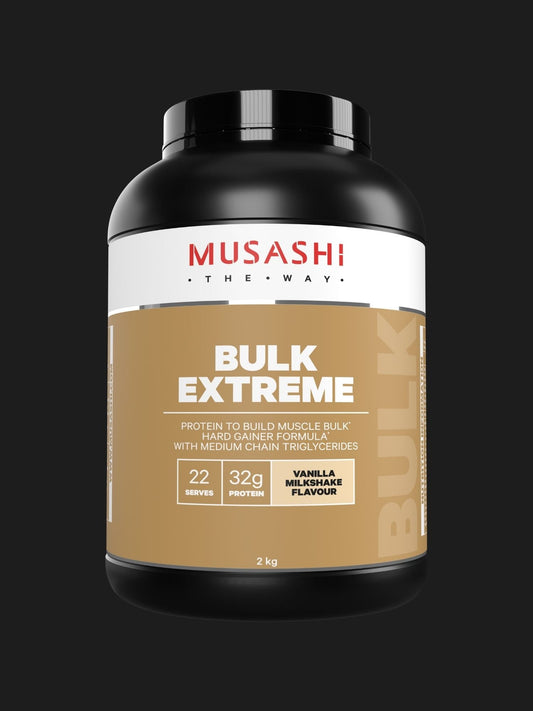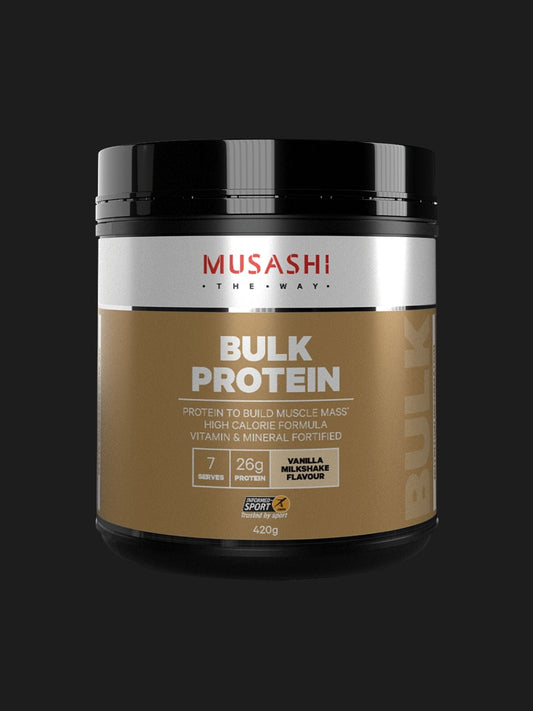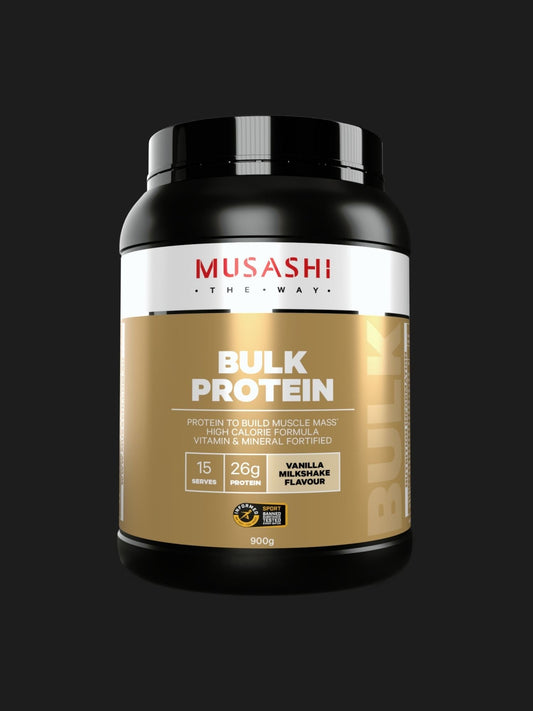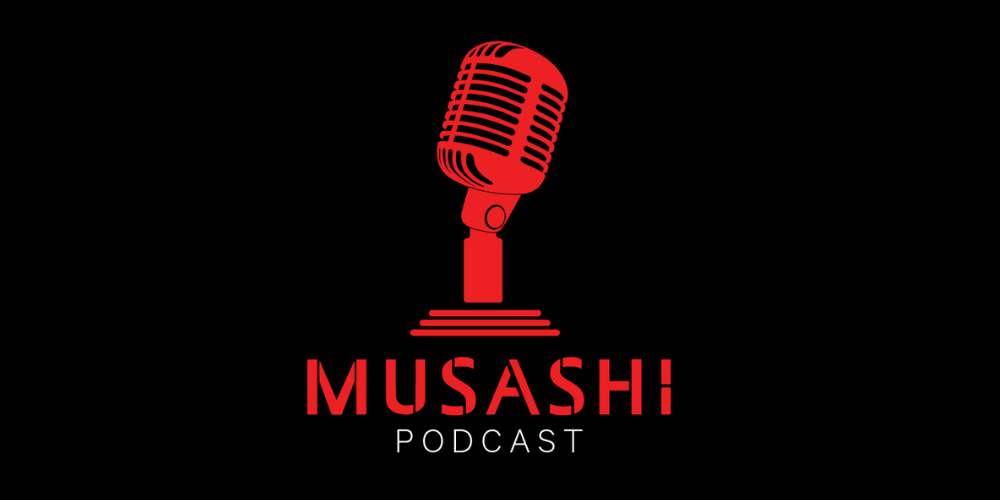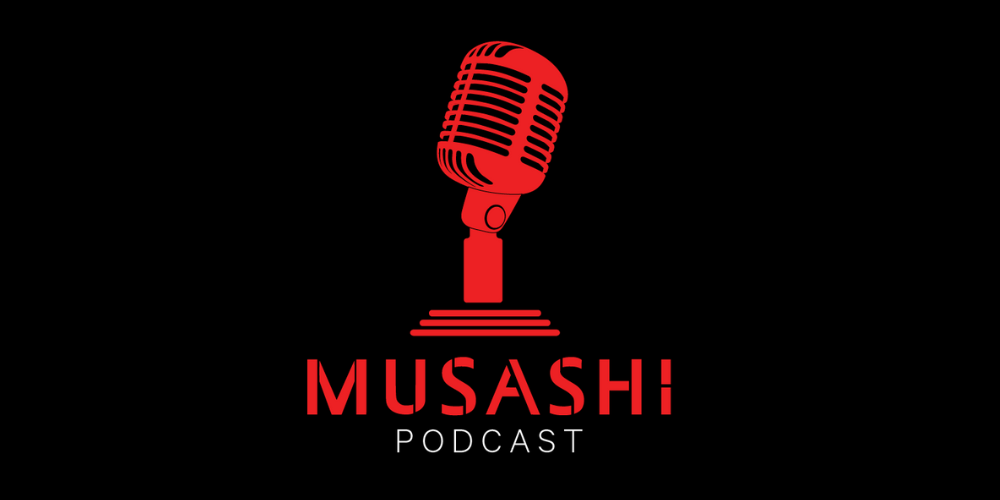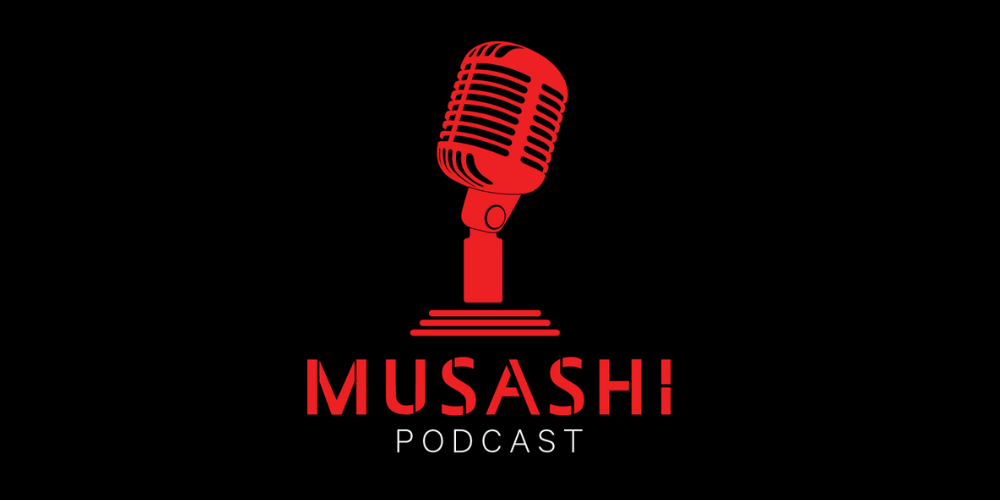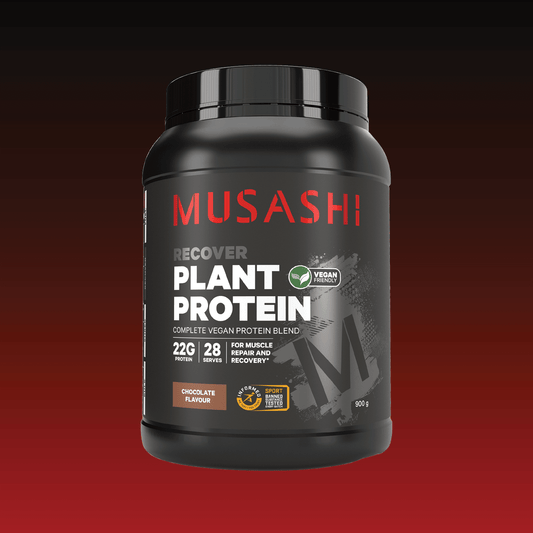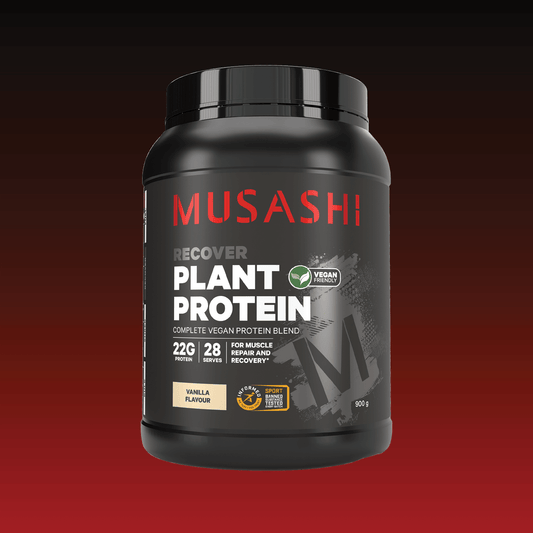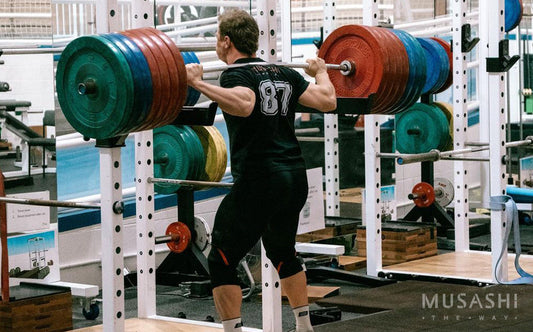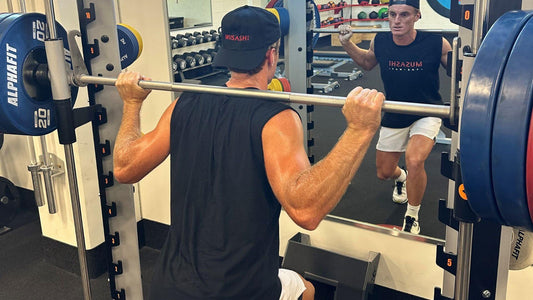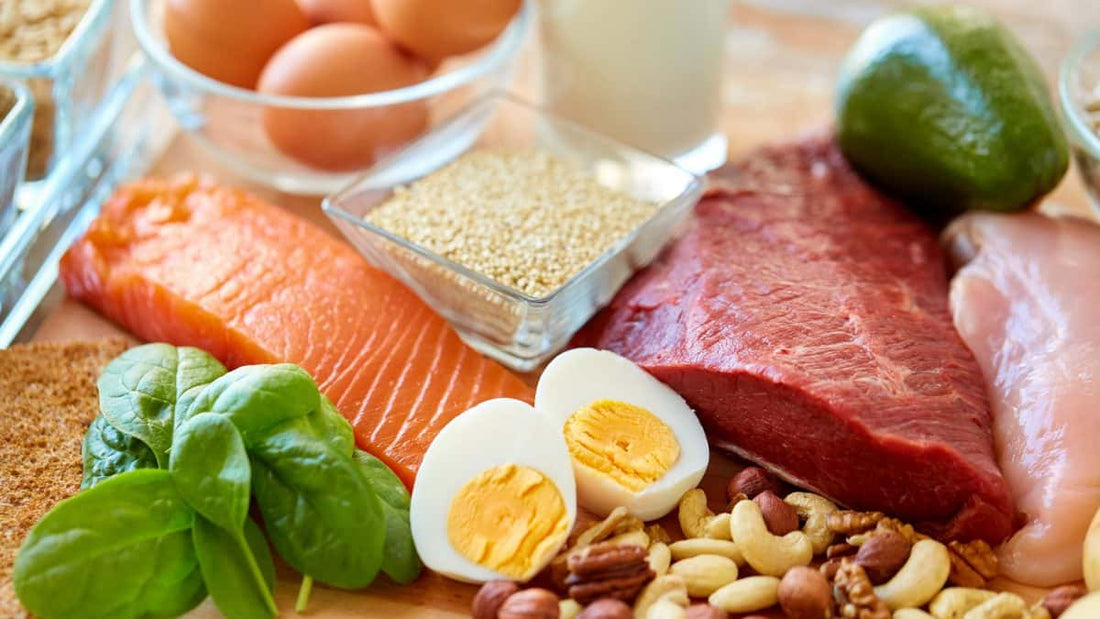
There is a common misconception that all proteins are created equal – this is not the case. Protein sources are not equal in their ability to build or repair muscle.
What does protein bioavailability mean?
All proteins contain amino acids but each protein is made up of a different selection of amino acids and in different proportions. Protein bioavailability refers to how well your body utilises a specific type of protein. A protein is considered high bioavailable if it is easy to digest, absorb and make into other proteins.
Proteins and Essential Amino Acids (EAAs)
Proteins are made up of amino acids, including nine which are essential (EAAs). A protein that contains ALL nine essential amino acids are referred to as a complete protein.
What are Complete Proteins?
Complete proteins are considered high-quality proteins and are commonly found in animal foods such as whey, eggs, fish, meat and cheese.
The Superioirty of Eggs
Eggs provide all nine EAAs required to sustain life. They are also considered to have the highest protein digestibility-corrected amino acid score – a score that measures a protein’s quality and digestibility. They are however hard to consume on the go and have a distinct odour which can be off-putting in the workplace. Egg protein powders are typically made from egg whites rather than whole egg. Although protein quality is still considered good in egg protein powders they do not have the superiority of whey protein.
What are Incomplete Proteins?
Incomplete proteins refer to proteins that are missing one or more of the nine EAAs. Resulting in a lack of balance in the protein. Plant foods including peas, beans and grains are commonly found to be incomplete. Beans and legumes are good sources of protein, however, they are considered incomplete and must be combined with other incomplete proteins such as rice or bread to supply a sufficient variety of amino acids to meet dietary needs.
What are Complementary Proteins?
Complementary protein refers to two or more foods containing incomplete proteins that are combined together in a meal to form a complete protein e.g. beans on toast, peanut butter sandwich or rice and beans.
Whey Protein and Leucine for muscle growth
Whey contains higher levels of the BCAA (Branched Chain Amino Acids) – leucine, which is an important amino acid for muscle growth. Many (but not all) plant-based proteins are low in various amino acids – especially the EAA leucine.
Leucine plays a crucial role in building and repairing muscle tissue and is therefore considered a very important amino acid for athletes looking to build a lean physique or pack on muscle and size.
Egg protein powders are typically made from egg whites rather than whole egg and although protein quality is considered good, whey protein powders are considered superior due to the higher volume of leucine.
Whey is a high-quality complete protein containing high levels of leucine and low levels of fat and carbohydrate. Musashi 100% Whey is quickly digested, providing a rapid rise in amino acids that can help to increase muscle mass and strength. Musashi 100% Whey is great for athletes who struggle to physically consume enough food to complement their training needs. Musashi 100% Whey provides many health benefits and the convenience of a protein powder makes it indispensable for athletes with busy training schedules.
